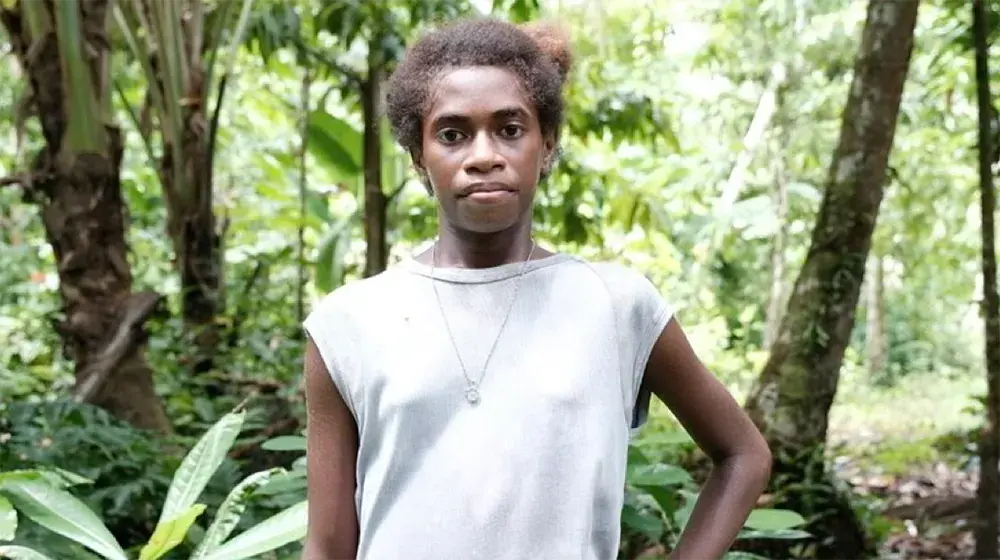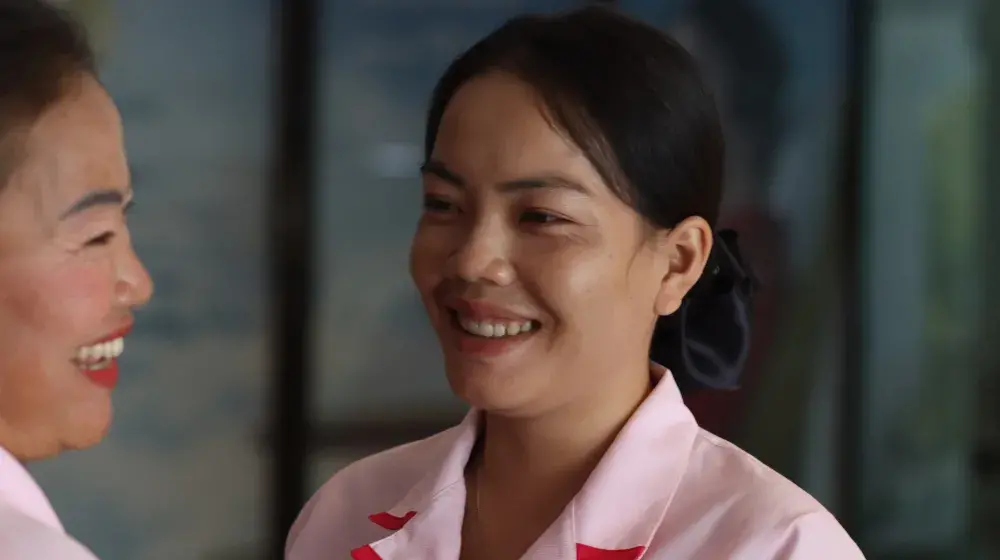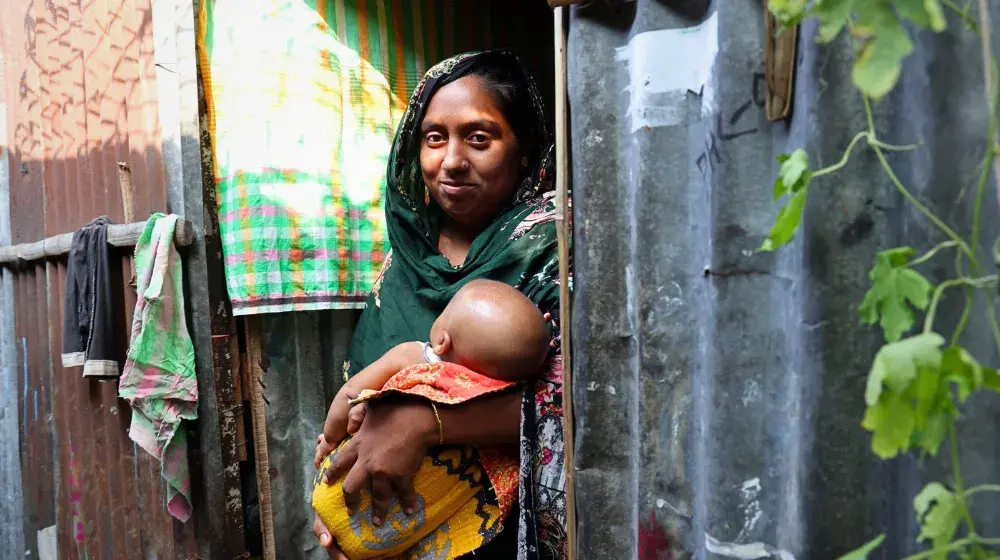MANILA, Philippines – Two million people have been affected by Typhoon Hagupit (locally known as Ruby), according to the latest government figures in the Philippines. They include more than 30,000 pregnant women in seven regions who may be in need of reproductive health services, including facilities and supplies for clean deliveries to prevent maternal and newborn deaths.
In the wake of the typhoon, there have been reports of childbirths taking place in evacuation centres and at least one maternal death from pregnancy-related complications was reported in the province of Iloilo. About 100 childbirths are expected daily in the affected cities and municipalities, some of which may entail life-threatening obstetric complications.
The situation clearly demonstrates the need to ensure that pregnant women affected by Typhoon Hagupit continue to have access to maternal care services, including safe and clean deliveries, despite the precarious situation.
“The focus must now urgently be on ensuring that health facilities in the affected areas become fully operational again and that roads are cleared and transport available for women who will deliver, especially those who are still in evacuation centres,” said Klaus Beck, the UNFPA Country Representative in the Philippines.
Disaster preparedness is key
Initial reports indicate that the areas hit by the typhoon, including health facilities, have not been affected as heavily as they were when Typhoon Haiyan made landfall in the same area last year. This is due in large part to the contingency measures that were put in place by the government as the storm was being tracked offshore.
Over the past year, UNFPA and its partners have provided significant assistance to local government units and helped train health-care providers and social workers to enable them to respond to the particular needs of pregnant and lactating women in emergency situations, and to protect women from the increased risk of gender-based violence.
Health service providers trained on the Minimum Initial Service Package (MISP), a core set of reproductive health interventions that should be put in place in emergency settings, are ready to be deployed to affected areas to boost local health care capacities, if necessary.
Clean delivery and dignity kits ready for distribution
To date, UNFPA has pre-positioned 7,400 clean delivery kits that are ready to be distributed to pregnant women about to give birth in affected areas. The kits contain basic delivery supplies that can be used by a birth attendant in a health facility or evacuation centre to assist a woman giving birth.
At least 4,500 dignity kits for pregnant and lactating women (with babies six months and below) are also in place for distribution and UNFPA stands ready to dispense birthing equipment, supplies and medicines to damaged health facilities to restore their functionality.
“It would be a tragedy should any woman die given birth after having already survived Typhoon Ruby,” said Mr. Beck. “UNFPA remains fully committed to support the national and local governments to avoid this.”
In addition to ensuring safe deliveries, UNFPA is also looking into the protection needs of more than 500,000 women and girls of child-bearing age affected by the typhoon who are living either inside or outside evacuation centres, as cases of violence against women and children may increase while they are displaced.
To support the protection mechanisms for these women and girls, members of women’s community watch groups who had previously been trained on preventing violence against women and children in areas affected by Typhoon Haiyan last year, stand ready to assist in the areas worst-hit by the typhoon this week.
Kits for the medical treatment of rape survivors are available for distribution to health facilities if requested.
For more information, please contact:
Arlene Calaguian Alano , UNFPA Communication Officer
Tel: +63-901-0306
E-mail: alano@unfpa.org
Related resources
Relief Web: Typhoon Hagupit updates
Promoting reproductive health for communities in humanitarian emergencies




